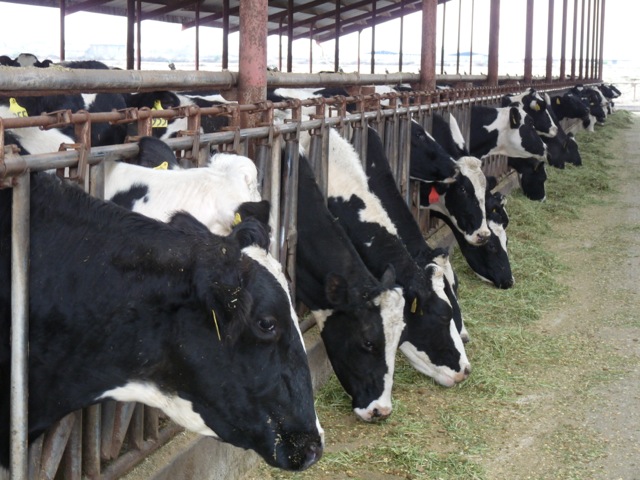
Cattle Feed Additives Lower Greenhouse Gas Emissions
By Tim Hammerich with the Ag Information Network
Cattle are sometimes criticized for their contribution to greenhouse gas emissions, but a new seaweed-based feed additive could make a big difference. Ermias Kebreab, associate dean and professor of animal science at UC Davis, says their research is showing big drops in greenhouse gas emissions with certain feed additives.
“I have not seen any other additive that would reduce by as much as the seaweed that we had been working on. In this case, we’ve seen a reduction, anywhere between 50% to 80% or more,” said Kebreab. “And it just depends on the substrate or what they have been fed. Those animals fed at the early stage with high forage high fiber, the reduction was more about 50% to 60%. And then when we go to more concentrate-based typical feedlot diets, then we see the reduction of over 80%.”
Kebreab said along with these drops in emissions, the research on the seaweed-based feed additives is also showing increases in efficiency.
“With the seaweed, for example, what we’ve seen was that there was a 20% increase in the feed conversion efficiency. So what this means is that for the same amount of feed that you give to the animals, you get an additional growth, additional meat, in this case, from the animal,” Kebreab said,
The cattle industry continues to find innovative ways to be more efficient and sustainable.








